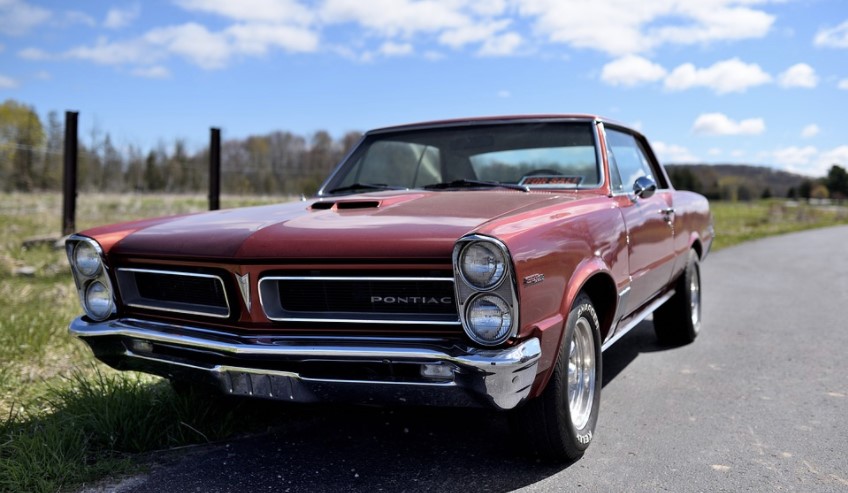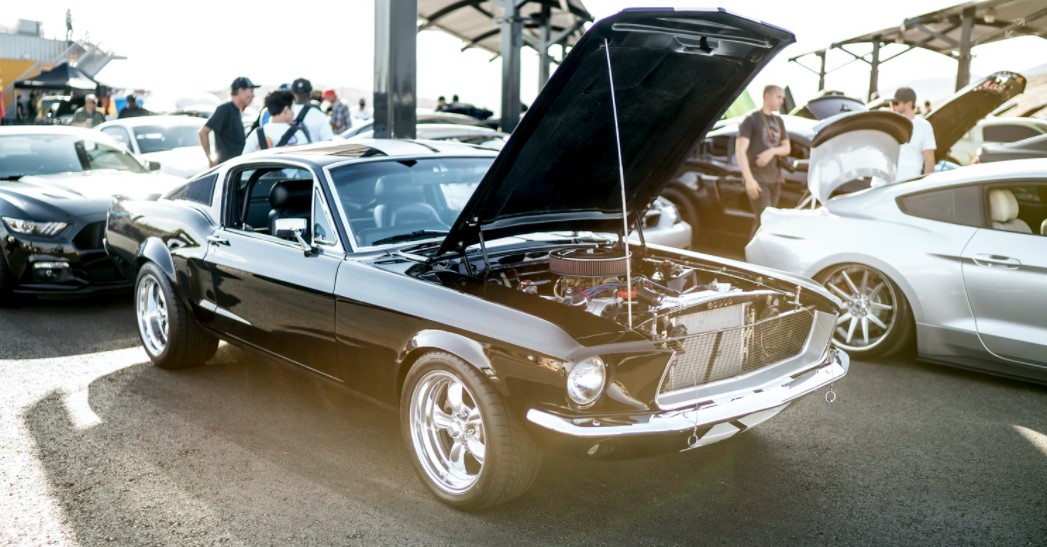Every vehicle description is filled with a number of specifications about power. However, there is often a common mix-up, made between horsepower and torque. So, what exactly do these terms mean, and how are they different from each other? The answer is right here.
Before we go on, let’s understand what torque and horsepower do. Well, they both help to accelerate, maintain a good rate of speed, and allow steep climbs without much slowing down.
They even determine the towing and payload capacity for SUVs and trucks. Although both torque and horsepower measure the power of the engine, they measure different components of that power. So, without much ado, let’s see them for what they are.
Torque Explained
Engine torque acts to accelerate the engine, and is a measure of the rotating force. This force is created as engines turn. It rises with the engine speed to a particular maximum value, and then falls off. Torque is the property that gives vehicles the power to achieve 0-60. The higher the torque, the faster it achieves this.
Understanding Horsepower
The total power produced over the course of displacement is the torque delivered at every step, which is horsepower. Horsepower is a continuous effort, defined as torque measured over time and distance.
It increases with the engine speed, and then falls, since the engine speed is limited. That is why no vehicle keeps accelerating forever. A fun fact is that the torque and horsepower are the same for a speed of 5252 rpm.
Why Do They Matter?

While most drivers tend to focus on one over the other, both torque and horsepower are equally vital. Horsepower often takes the spotlight, as it determines how fast your vehicle can go.
However, because of how often we have to stop at lights, at short notice, and accelerate, torque probably plays a more crucial role in real world driving.
Torque
- Gets a stopped car moving
- Allows you to accelerate when on a freeway
- Supports the vehicle during heavy duty work, like when you have to pull a trailer.
Horsepower
- Allows your vehicle to climb steep surfaces without speed getting affected.
- Indicative of a faster engine to a certain point
- On downshifting to accelerate, a vehicle has higher horsepower available to use.
It’s interesting to note that while diesel engines have a higher torque, they provide your vehicle significantly lower horsepower than traditional fuel.
Horsepower and Torque: Performance Indicators
There are a number of factors that play into the relation between the torque, horsepower and performance of a vehicle. While the general assumption that higher torque and horsepower lead to better performance is generally true, there are other factors at play, too, like weight, or aerodynamics.
For example, the lighter or more aerodynamic the vehicle, the less torque is needed to start movement. Unloading unnecessary items can also help towards a better performance. It is also true that more horsepower would require a faster engine that makes more torque.
Thus, size, weight and power of the engine are all crucial when it comes to judging performance.
Economy, Horsepower and Torque
The same factors that can affect performance, also affect the economy, since there is a limit as to how efficient engines are. High torque and horsepower are generally indicative of a lower economy.
The higher the engine power, the more power you will have to burn for the same output. Always keep this in mind before being swayed by promises.
Hybrid, Electric and Turbocharged Vehicles

Hybrid and Electric Vehicles
Their electric motors are their highlight, since they can save a ton of fuel, while providing great torque. Since they can either replace the internal combustion engines or add torque from one, they are highly preferred.
The torque output is maintained at all speeds, and rises uniformly. Electric vehicles are great for quick acceleration.
Turbocharged Vehicles
Adding a turbocharger or supercharger to your engine can give it a guaranteed hike in torque and horsepower. Check them out at Canada Diesel Online if you’re looking to add some power.
They add a little torque, and a lot of horsepower, with the newer ones having higher rpm. At the same time, they also provide a worse economy, and operate under higher stress.
The Overview
A well-balanced engine has the right amount of torque and horsepower, not in conflict, but working together to give the best performance.
